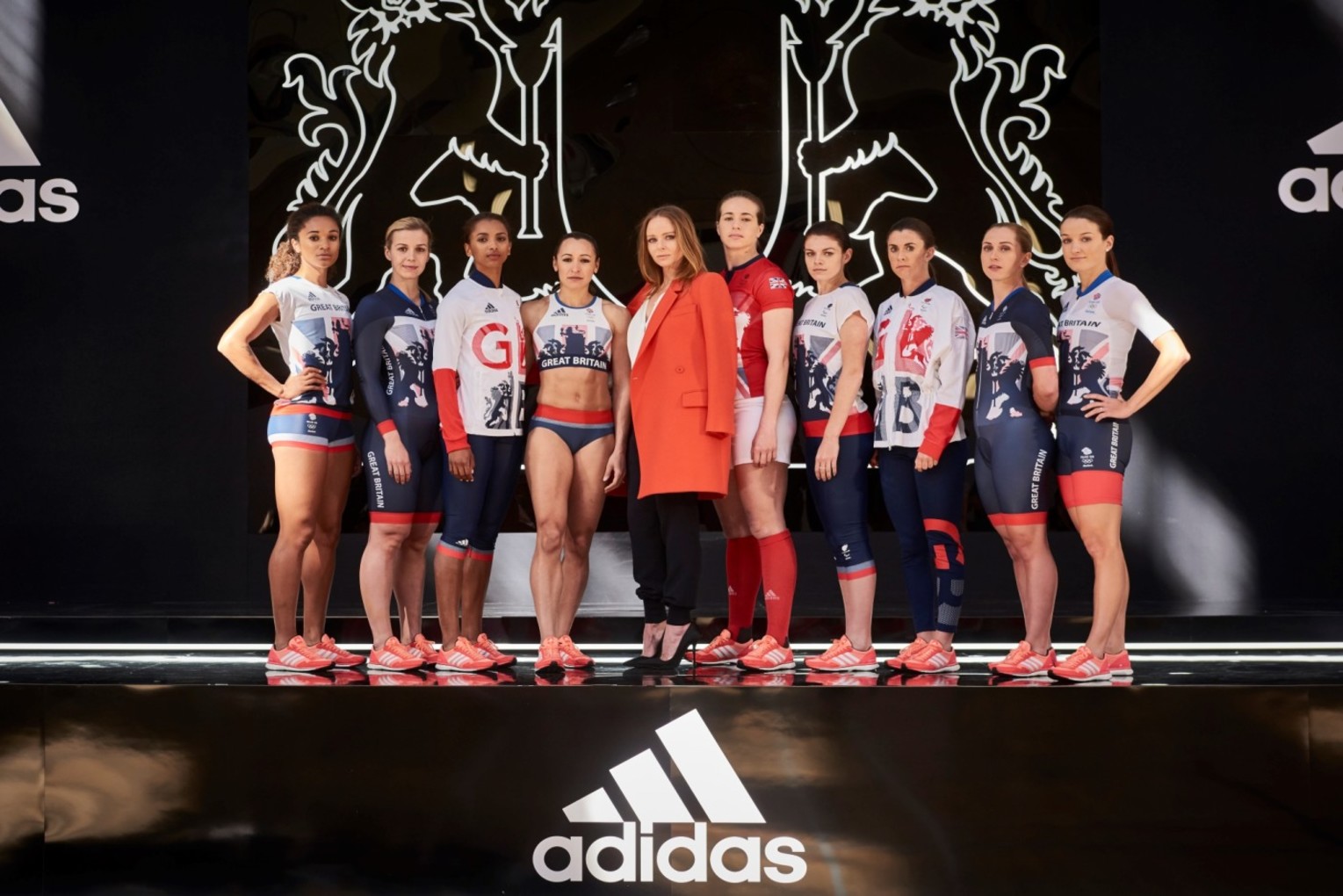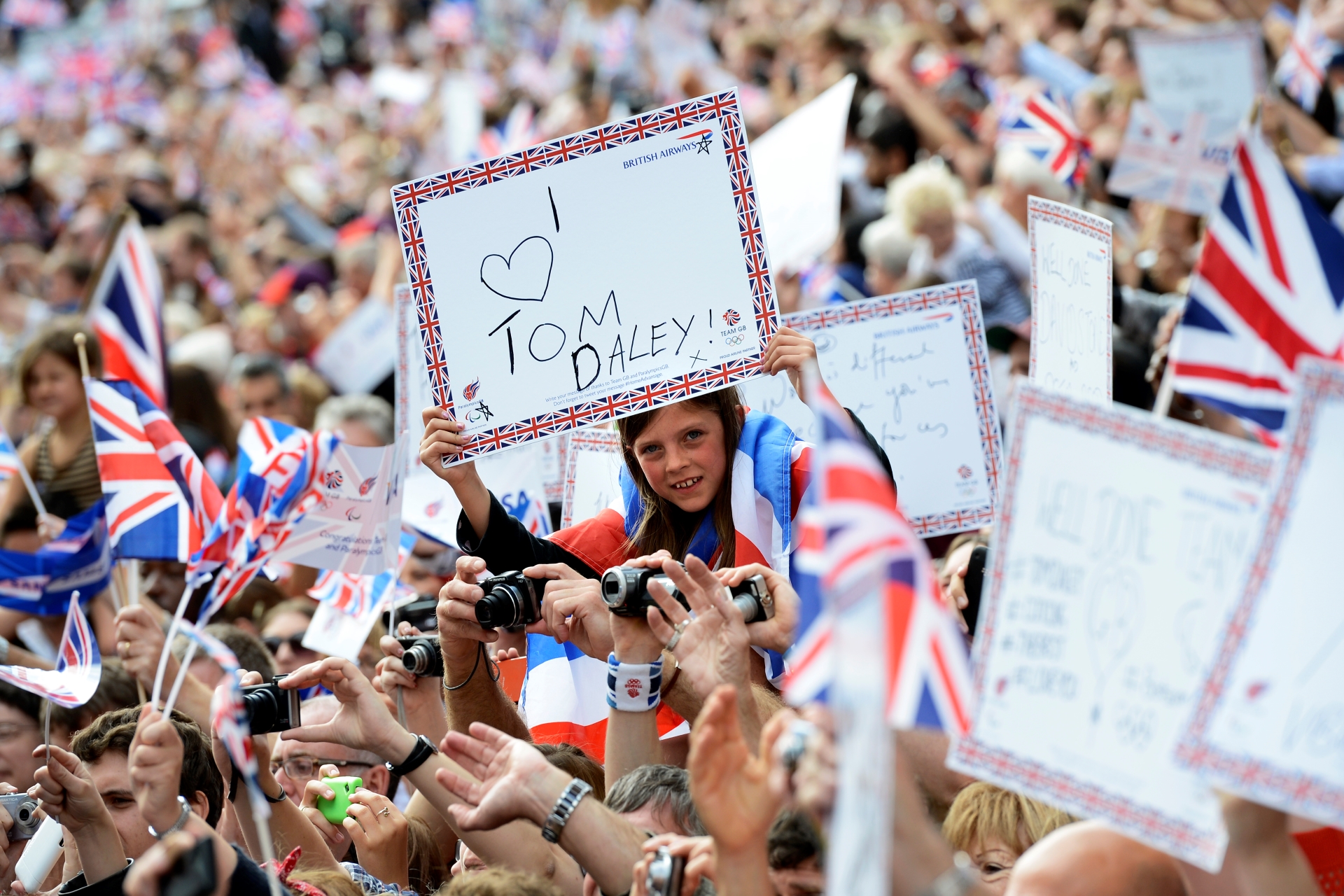Sports Marketing | Sports Marketing
The Fan Emotion Index - Explained
by Andy Walton

Self-confessed 'Olympophile' Lee Gibbons, Managing Director of the Sport UNLIMITED agency, explains why the values and strategies attached to Olympic sponsorships translate so well to today's market in response to the Covid-19 pandemic.
For many, the steady return of sport over recent months provides not just the return of a passion, but also much-needed signifiers of normality.
Recent research by Sport UNLIMITED has highlighted the opportunity presented by sport, but also the changes in the expectations of fans. It will come as no surprise that fans are significantly happier right now than non-sports fans; they are 50 per cent more positive about the general mood and future certainty of the country, and twice as positive about the country’s economic well-being. Sport is a real opportunity for post-pandemic marketing investment.
The opportunity is for brands to forge positive emotional connections that will bring benefits in the long term. Over time, our brains will begin to filter the endless negative news feeds we associate with coronavirus and positive emotions will more easily cut through the clutter.
In behavioural science this is the Rosy Retrospection Effect, which dictates that our brains tend to see the past in a more favourable light. If a brand can positively affect consumers’ lives in a dark time, this could build a foundation of strong brand equity when they look back upon this period: sports have the power to do just that.
Sports fans also indicated that what they want to see from sponsors has changed, with 64 per cent of all UK fans agreeing that for brands which sponsor the teams and individuals they love, ‘brand purpose’ is more important now than it was pre-Covid.
Diving deeper, the study from our Human Understanding Lab found that 73 per cent of sports fans agree that sponsors should promote a healthier lifestyle and take the strain off the NHS, and 63 per cent agree that they should use their contractual inventory to get that message across.
This is not a short-term tactical activation either. Sports fans also want to see this trend continue for up to 12 months, significantly longer than non-sports fans and into next summer’s packed schedule.

When I look for examples of sponsorships that best represent these values, I keep returning to the Olympic Games.
Before we go any further, I should admit I’m an ‘Olympophile’. As a fan I would have undoubtedly been sat in front of the TV, decked out in red, white, and blue cheering on the 2020 Games and TeamGB athletes at every possible moment.
I’ve found myself physically on the ground at the last six Games before PyeongChang, working with TOP sponsors, OCOG sponsors and NOC sponsors alike. Maybe it’s the high price tags and long tenures, maybe the old adage that Olympic sponsorship only gives you access to a logo and the right to buy tickets, maybe it’s the lack of traditional media inventory on playing kits or stadium hoardings.
Most likely it’s a combination of them all, but those brands investing in the Olympic Games are the best examples of sponsors entering a partnership with a strategy to drive transformational business advantage across their entire organisation.
With Olympic ‘clean venue’ rules, outside a handful of exceptions, not providing huge live broadcast media values, it requires existing and potential Olympic sponsors to look more holistically at how the sponsorship can drive their wider business objectives.
I often cite an example that goes back to four years prior to the London Games. At a Partner Workshop the project lead at EDF stated that by using the sponsorship to engage their workforce to a level where each employee took half a day less sick leave each year, they would recoup their Tier 1 rights fee in increased productivity. Without getting too bogged down by the maths, it showed a clear understanding that internal Olympic activation could increase employee engagement and reduce churn to drive value, and that there must be a strategy for ‘colleagues’, and also ‘customers’, ‘communities’ and ‘corporate stakeholders’ as there always is for ‘consumers’.
The dichotomy in the Olympic brand is one of its great strengths; it’s the world’s greatest sporting event but also a celebration of culture, it’s a global event but of local importance for each national team, it’s about winning but for many also about taking part.
That breadth gives the sponsoring brands the opportunity to find a true sweet spot between their equity and that of the Games, and in doing so deliver both cut through and space to breath; although there is category exclusivity sponsors still compete for standout the closer they get to the Games.
The global athlete community has been a focus for Visa from their ‘Go World’ campaign in 2008 through to more recent Team Visa iterations, and locally, adidas owned the athlete back stories and build up to London 2012 with their ‘Take the Stage’ campaign.
Cadbury worked hard to bring fun to the Games in 2012, breaking new ground in securing the ‘Official Treat’ designation, and as the Official Airline at a home Games, British Airways said ‘don’t fly’ to their consumers. All these demonstrated the incremental engagement and results driven by ‘creating your own turf’; understand the brand USP in the market and developing a proposition that augments the relevant synergies of the property.
P&G have added a third dimension even more relevant today which is brand purpose. Citing a “purpose-inspired growth strategy” on becoming an Olympic Partner initially, they went a step further in the recent renewal stating the next eight years would be “both a force for growth and a force for good” working with the IOC and its “purpose-led initiatives that support the IOC’s vision of building a better world through sport.”
This is common ground for the IOC, as our recent insights suggest all rights-holders and sponsoring brands need to be aware sports fans’ expectations have changed.
Want to hear more? Get in touch.
This article was written by Lee Gibbons, Managing Director, Sport UNLIMITED for Sport Business.